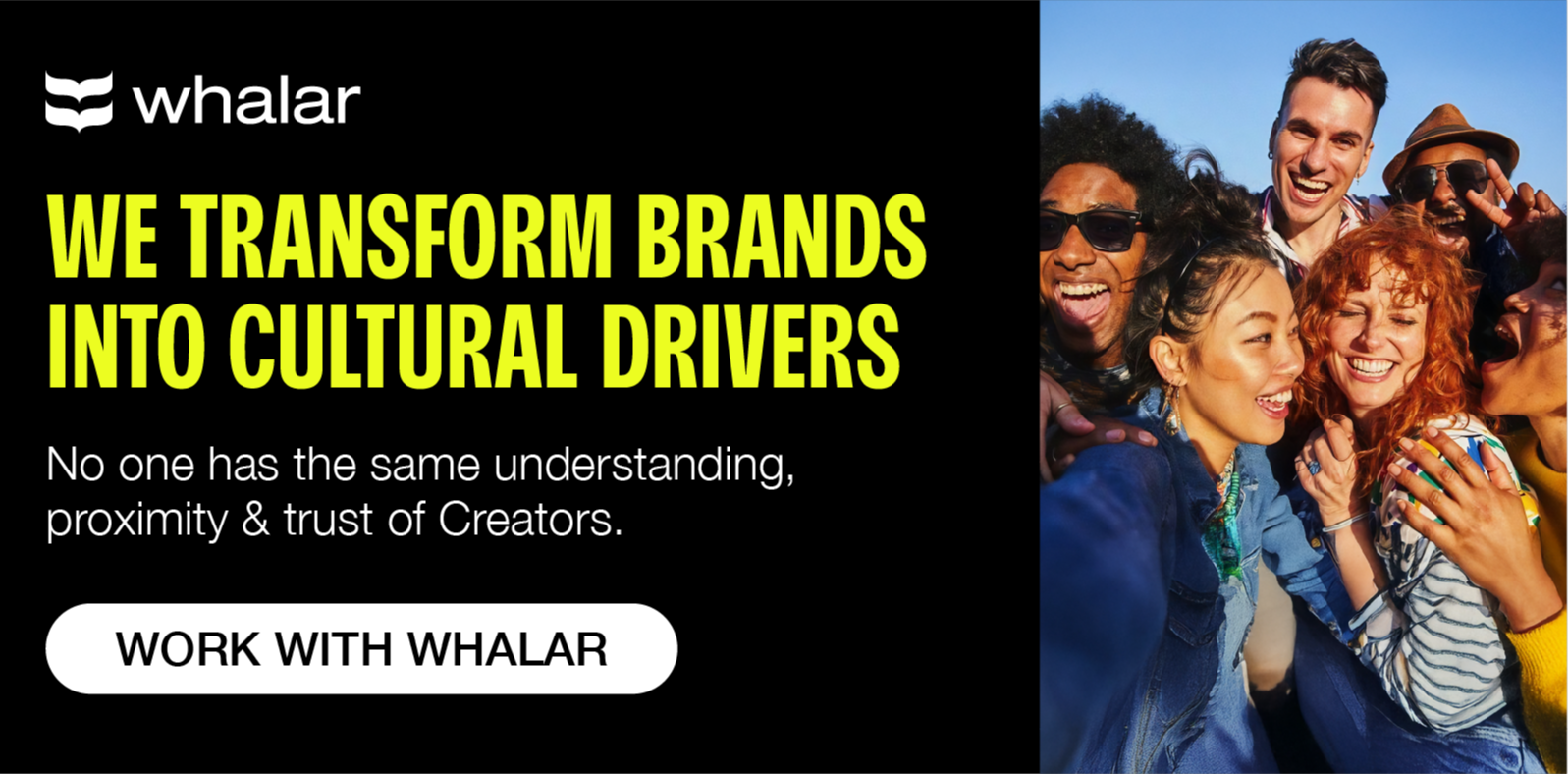Instagram launches a “Paid Partnership” disclaimer to influencer posts to better inform its users of what they’re looking at. Here’s what you need to know.
Influencer marketing is, as we like to remind you, digital marketing’s next big thing—now. Those of us in the industry are well aware of its effectiveness as an advertising tool, but there are still a significant number of social media users who are completely unaware of its existence. Ask the average person who doesn’t know or care about the marketing industry, and they’ll tell you they’ve never even heard the phrase “influencer marketing” before.
The lack of transparency has become a very big concern in the United States, at least (see: FyreFest, or just about anything a Kardashian/Jenner has their hands in), with the Federal Trade Commission getting more heavily involved. And now, Instagram has stepped up its efforts to get on the right side of the issue—and also to preserve its own credibility as a marketing platform.
Why now?
The fallout from the FyreFest disaster has shone a much more focused light on the issue, with many of ticket buyers and would-be attendees realising they’d been taken for a very unpleasant ride. It’s important to remember that influencer marketing works because paid posts don’t generally feel like an advertisement. Influencers are trusted by their community of followers, and when they endorse something these followers take it as a personal recommendation.
As of now, the FTC requires paid posts to brandish certain hashtags that are supposed to act as identifiers. Tagging a post with #sponsored, #ad, or something similar doesn’t really do the job, though. For most posts, paid or otherwise, hashtags are included at the end of the caption, and are often mixed in with maybe a dozen other tags that help the post reach wider audiences. Adding those tags, then, means it’s up to the consumer to read through all the hashtags to arrive at the truth. Except hashtags weren’t created for anyone’s reading pleasure. They are a way to categorise posts and make them easier to find. And since Instagram only shows the first three lines of a caption by default, that means users would have to tap “More” to see the entire caption. Sticking an FTC required hashtag at the end of a post is just one way of obscuring the fact that it was paid for by a third party.
Another way to obscure it? Don’t even bother tagging it. There aren’t any enforceable laws or regulations around this, so the only thing influencers are in danger of losing is credibility with their audiences. When a group of models started posting about FyreFest back in December, only one of them bothered to tag her posts. The others just made it seem as if the event was something they were excited about attending and wanted their fans to know about it, too.
This didn’t just happen with FyreFest. As of this writing, there are 763,658 posts tagged with “sponsored,” alone though the real number of actually sponsored posts is thought to be somewhere north of 4.5 million this year alone. That’s a lot of misdirection.
Instagram wants to make paid posts much more “clear and conspicuous,” as the FTC has termed it. By adding the “Paid Partnership with…” sub-header to a post (where the location tag is), IG has created its own internal and enforceable policy. It’s also going to get a lot of data out of this simple move, which can only help them and brands get a better understanding of the performance and impact of sponsored posts in general.
Like we said, influencer marketing is big—and it’s getting bigger. Consider this move by Instagram to be part of the industry’s growing pains.



